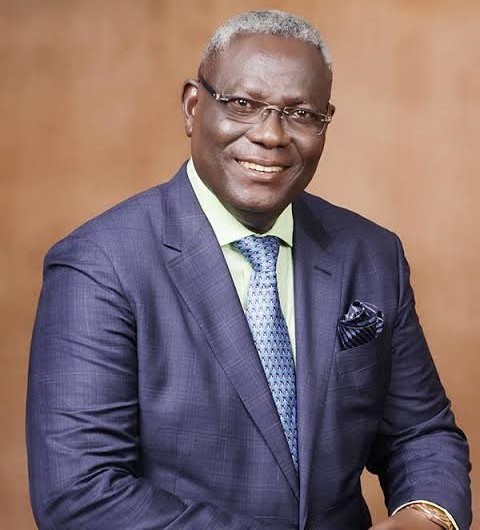In the complex web of modern governance, a fundamental paradox lies at the heart of political power: the tension between authority and accountability. On one hand, effective governance requires leaders to wield significant authority to make decisions that impact the lives of citizens. On the other hand, unchecked power can lead to abuses of authority, undermining the very principles of democracy and the public trust.
This paradox raises important questions about the nature of power and its relationship to accountability. How can societies balance the need for strong leadership with the imperative of holding those leaders accountable for their actions? What are the consequences when this balance is disrupted, and how can we work towards restoring it?
The Dangers Of Unchecked Power
History is replete with examples of leaders who, having accumulated significant power, succumbed to the temptation of authoritarianism. The consequences of such actions can be devastating, ranging from erosion of civil liberties to outright human rights abuses. The challenge lies in creating systems that prevent the concentration of power while still allowing for effective governance.
The Role Of Institutions
Institutions play a crucial role in maintaining the balance between authority and accountability. Independent judiciaries, free presses, and robust legislative bodies are essential in ensuring that power is exercised responsibly. These institutions act as checks on authority, providing oversight and holding leaders accountable for their actions.
The Importance of Transparency and Engagement
Transparency and public engagement are also vital components of accountable governance. When citizens are informed and involved in the decision-making process, leaders are more likely to be held accountable for their actions. This can be achieved through open government initiatives, public consultations, and a free flow of information.
A Path Forward
Addressing the paradox of power requires a multifaceted approach. It involves strengthening institutions, promoting transparency, and fostering a culture of accountability. By recognizing the inherent tensions between authority and accountability, societies can work towards creating systems that balance the need for effective governance with the imperative of protecting the public interest.
Ultimately, the paradox of power is a reminder that governance is a delicate balancing act. By acknowledging the complexities of power and its relationship to accountability, we can strive towards creating more just and equitable societies.


0 Comments